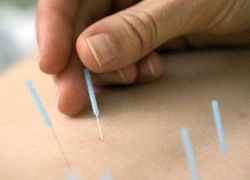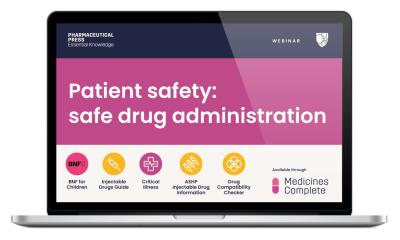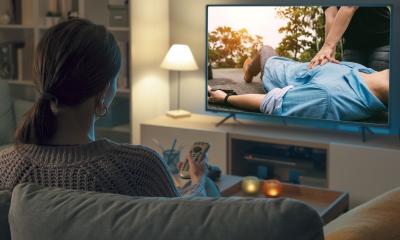Acupuncture What others say
During the last ten years or so, there has been a convergence of modern international science with traditional Chinese medicine, with research carried out in physiology, biochemistry and pharmacology.

In terms of acupuncture, according to a report from the World Health Organisation (WHO), in over 600 cases of coronary heart disease the effectiveness of acupuncture in relieving the symptoms was over 80%. In 645 cases of acute bacillary dysentery, 90% of the patients were cured within ten days, as judged by clinical symptoms and signs and results from stool culture. The technique is also comparatively effective in controlling fever, inflammation and pain, the WHO adds.
‚From the viewpoint of modern medicine, the principle action of acupuncture ( and of moxibustion ) is to regulate the function of the human body and to increase its resistance by enhancing the immune system and the antiphlogistic, analgesic, antispastic, antishock and antiparalytic abilities of the body.
The World Health Organisation Interregional Seminar drew up a provisional list of diseases that lend themselves to acupuncture treatment. However, it points out that the list is based on clinical experience, not necessarily on controlled clinical research, and that the inclusion of specific diseases are not meant to indicate the extent of acupuncture’s efficacy in treating them.
Upper Respiratory Tract
Acute sinusitis
Acute rhinitis
Common Cold
Acute tonsillitis
Respiratory System
Acute bronchitis
Bronchial asthma (most effective in children and in patience without complicating diseases)
Disorders of the Eye
Acute conjunctivitis
Central retinitis
Myopia (in children)
Cataract (without complications)
Disorders of the Mouth
Toothache, post-extraction pain
Gingivitis
Acute and chronic pharyogitis
Gastro-intestinal Disorders
Spasms of esophagus and cardia
Hiccough
Gastroptosis
Acute and chronic gastritis
Gastric hyperacidity
Chronic duodenal ulcer (pain relief)
Acute duodenal ulcer (without complications)
Acute and chronic colitis
Acute bacillary dysentery
Constipation
Diarrhea
Paralytic ileus
Neurological and Musculo-skeletal Disorders
Headache and migraine
Trigeminal neuralgia
Facial palsy (early stage, i.e., within three to six months)
Pareses following a stroke
Peripheral neuropathies
Sequelae of poliomyelitis (early stage, i.e., within six months)
Meniere’s disease
Neurogenic bladder dysfunction
Nocturnal enuresis
Intercosral neuralgia
Cervicobrachial syndrome
‘Frozen shoulder’, ‘tennis elbow’
Sciatica
Low back pain
Osteoarthritis
The NHS, United Kingdom
In the UK, demand for alternative therapy has grown, and an increasing number of National Health Service (NHS) practices now offer many forms of alternative therapy as part of their primary care health improvement programmes HIMPS.
The NHS says: In Western medicine, acupuncture is generally used to treat the symptoms of a condition rather than the condition or disease itself. It can be helpful in relieving pain, and as a result, is the most common used complementary therapy on the NHS. Studies show that acupuncture is effective for treating post-operative nausea and vomiting, chemotherapy related nausea and vomiting, sickness and nausea in pregnancy, and post-operative dental pain.
‘As yet, research into the effectiveness of acupuncture treatment for chronic pain has not produced consistent results – partly due to the small scale of the studies undertaken. Although research shows that acupuncture is not harmful, several studies suggest it is no more effective than a placebo. Therefore, acupuncture is generally used as a second or third treatment option on the NHS for patients with chronic pain, such as migraine, arthritis or back pain. It is not normally recommended unless conventional treatment has failed.
The NHS also points out that symptoms such as pain or sickness can indicate a more serious problem within the body, and that the general practitioner (GP) will try to investigate any underlying problem before recommending acupuncture.
The NHS Directory provides GPs with listings of acupunturists who have ‘…put themselves forward to work either directly in NHS practices or from their own practice on a referral basis’.
26.06.2007





